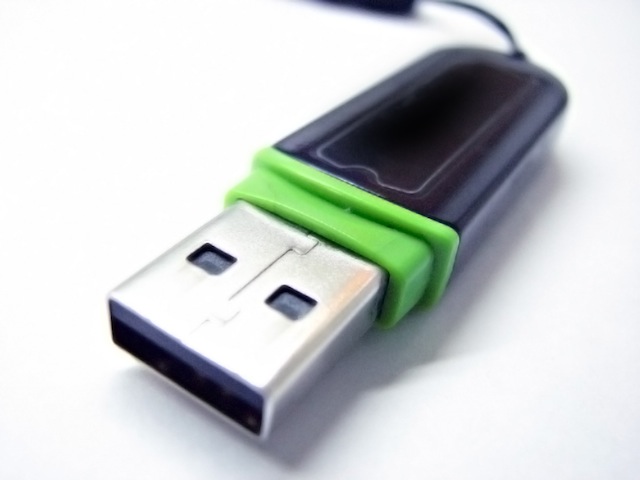One of the few constants with computer security is that threats are constantly evolving.
Malware – malicious software like computer viruses, worms or Trojan horses – are the most common security threat the ordinary technology home or business users will encounter on their PC, laptop or smartphone.
During the big computer virus epidemic of the early 2000s the main target were Windows 98 or XP machine running Internet Explorer as these were so easy to infect.
Today, it’s harder to infect Windows systems and the malware writers have become more sophisticated in the tools and methods they use to catch victims.
Right now, we’re seeing the malware writers focusing on weaknesses in third party software such as Java, Flash and Microsoft Office.
Mac users have been affected by the Flashback worm which used flaws in the Java computer program and now Adobe have released an emergency update to their Flash application to fill a security hole that could affect all operating systems.
Along with being more sophisticated in their methods, today’s malware writers are also more organised with real criminal objectives as opposed to the earlier generations that were derided as “script kiddies”.
So there’s real risks in not taking basic steps to protect your computer system.
Have the latest updates
When your system asks you if you want to install updates, do so. Both Macs and PCs have an automatic update function which you should enable and pay attention to.
Individual software packages like Java, Flash and Microsoft Office have their own update reminders which you should also pay attention to.
Sometimes though the malware writers distribute fake updates to fool people into installing their software so if you are suspicious about an update, check online to see if you have the latest version.
Run computers in Restricted User mode
One of the big weaknesses for all systems is there is a tendency to run as an Administrator. In older Windows systems this gives almost complete control over the system and can still create problems in newer systems as well as with Mac or Linux systems.
Every user should be run as a Restricted User and this can be set up in the Windows Control Panel or Mac Preferences.
Have an antivirus
While the antivirus industry loves flogging overpriced and overfeatured software that generally slows your computer down as much as it protects the system, it’s still worthwhile having.
For Windows users, the free Microsoft Security Essentials is fine for most users. For Mac users, the free ClamAV or Sophos Anti-Virus for Mac are good choices.
Use a third party browser
Generally using the built in web browsers – Internet Explorer in Windows and Safari on the Mac – tends to amplify security risks. So use a third party browser like Firefox, Google Chrome or Opera.
Be careful
Malware writers, like all crooks and conmen, try to exploit human weaknesses so their tricks often appeal to our greed, fear or lust.
Try to avoid websites offering pirated software, movies, music or pornography and never click on emails or pop up adverts that claim you’ve won the lottery or been infected with a virus.
Cybercrime is real and growing although we should keep in the threat in perspective and not fall for the hysterical headlines we often see in the media.
The risks are going to continue to evolve as the crooks move onto trying to exploit weaknesses in smartphones, social media platforms and cloud computing services.
Despite this, most people won’t be affected by malware or other computer crime by being careful. Just don’t count on being lucky.




